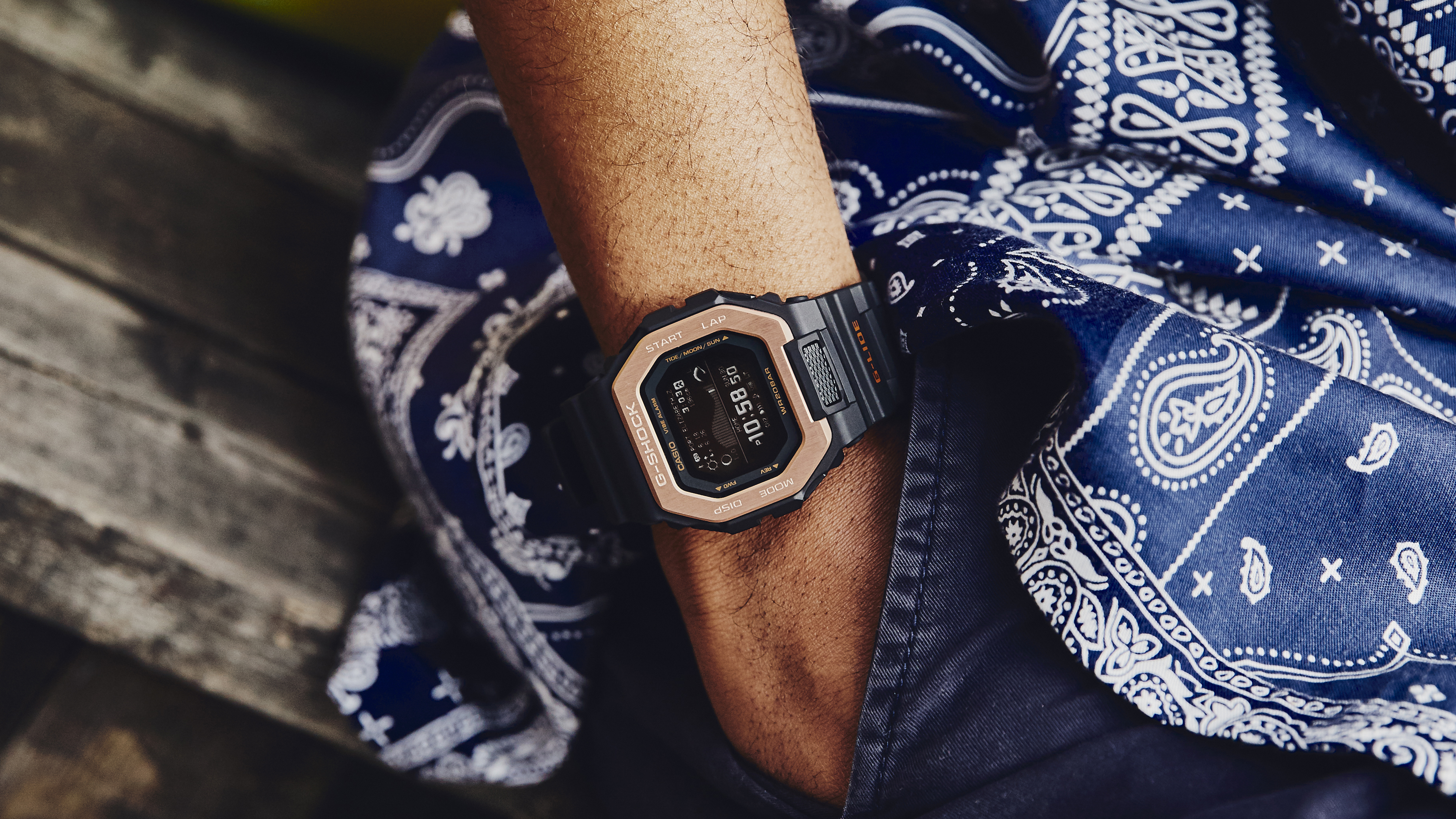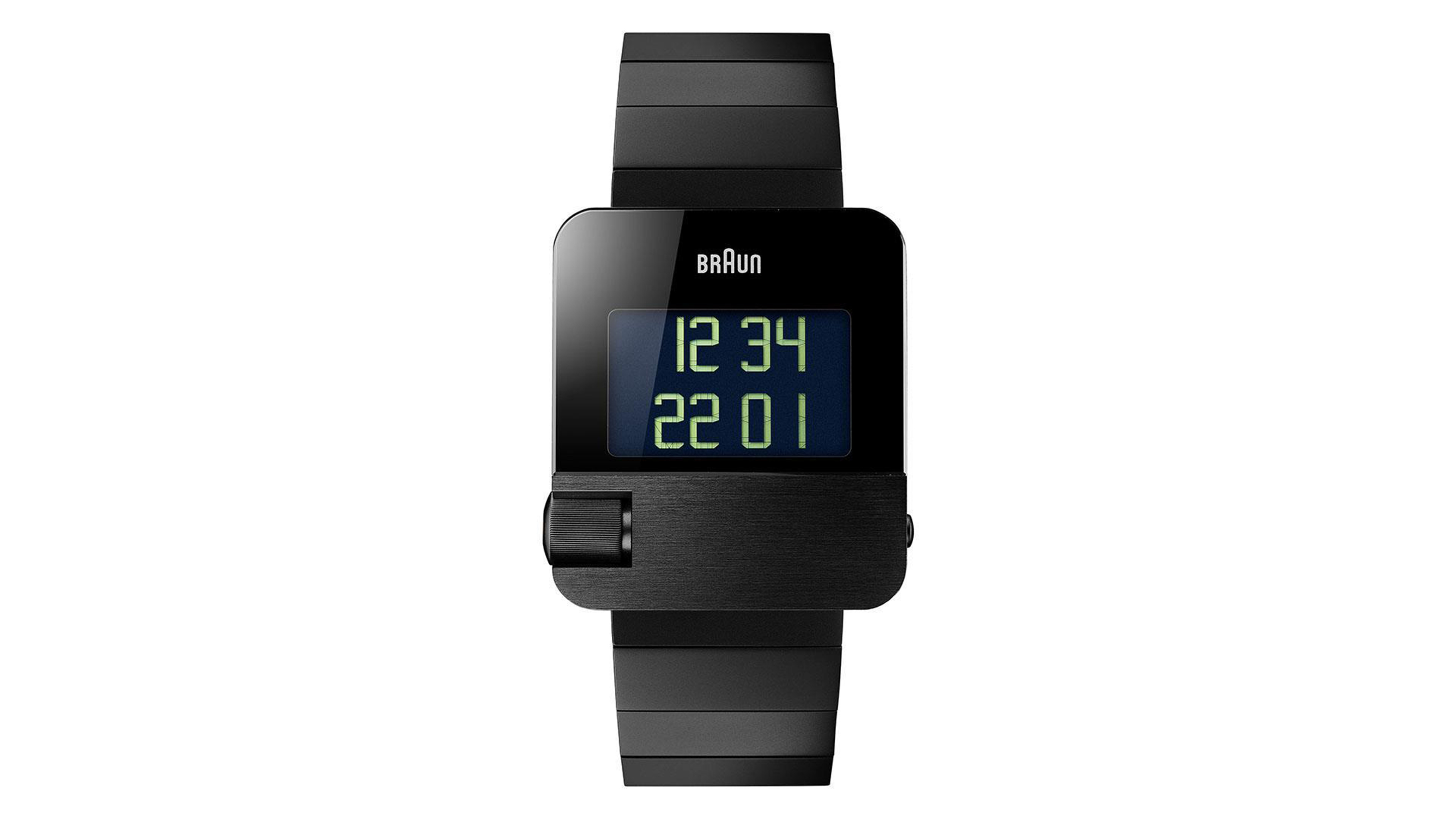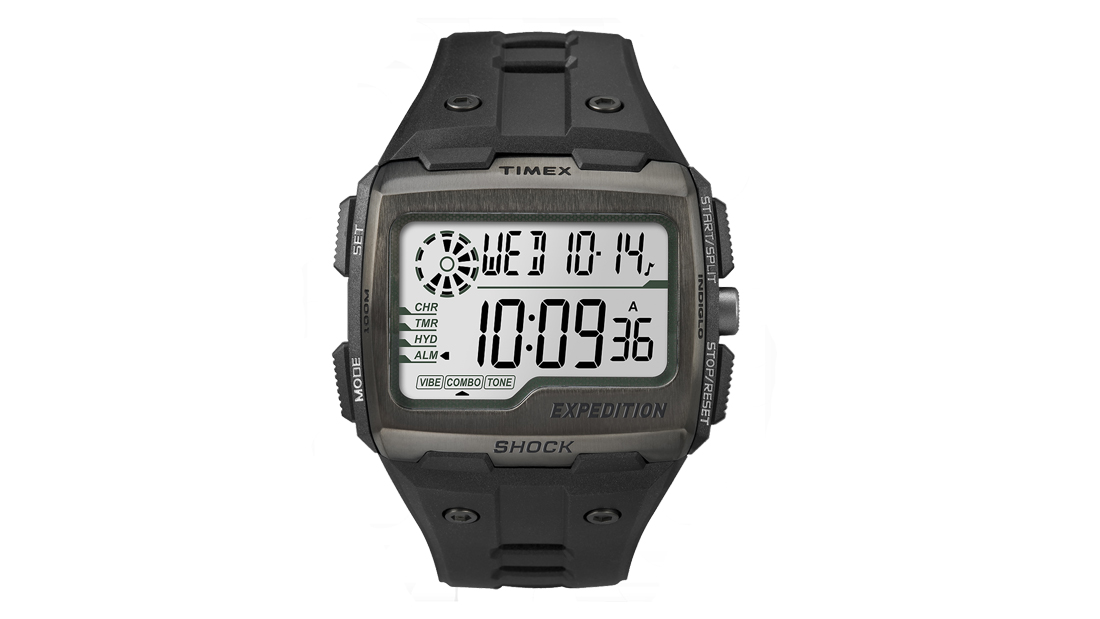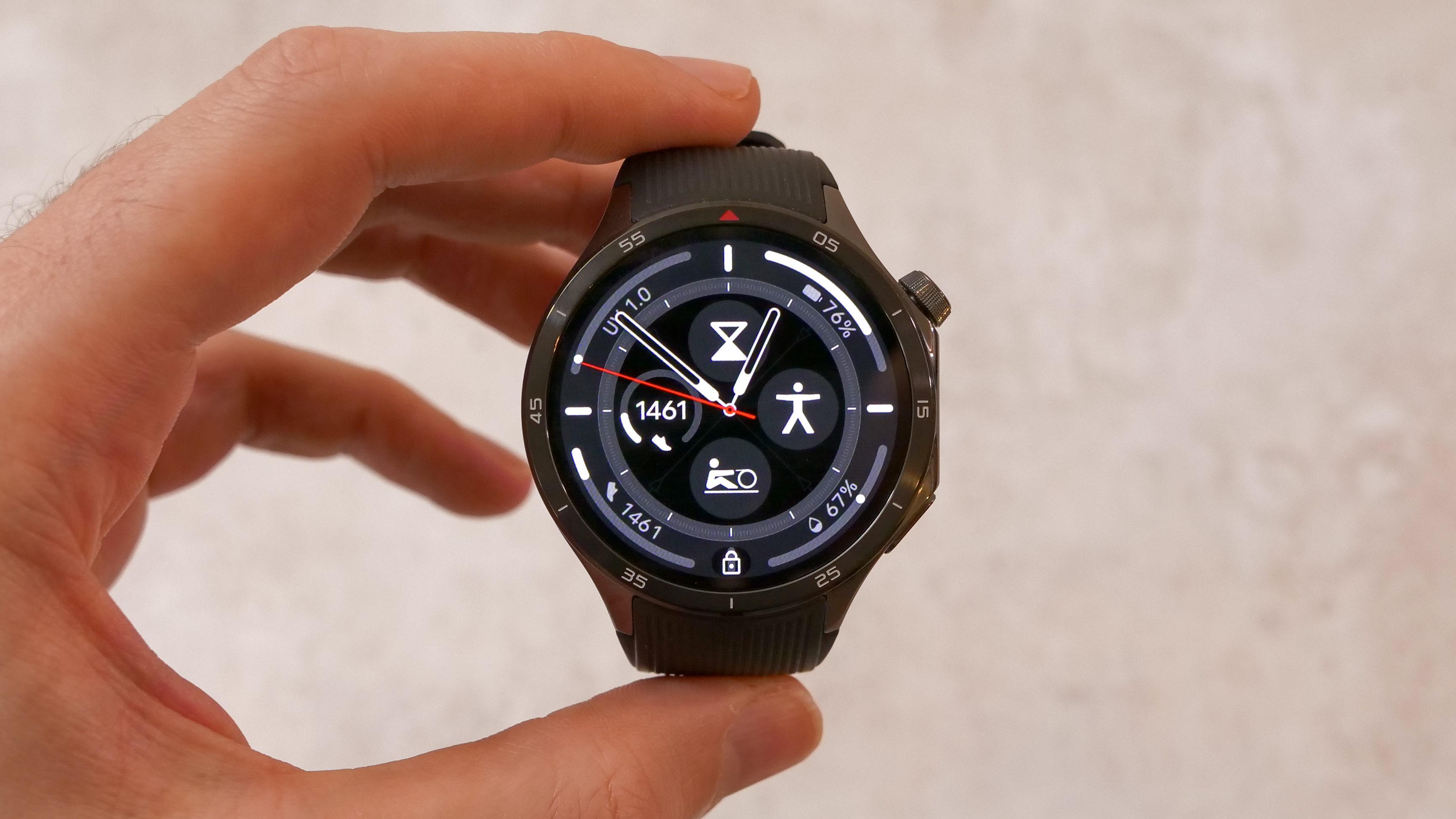

In a world where mechanical watches are admired for their engineering brilliance, and smartwatches praised for their health and fitness features, it is easy to forget about the humble digital watch.
With their simpler, slimline design, crystal-clear, illuminated displays, and very long battery life, they are a great option when efficient functionality is key. But how long do they last, and do they lose time? To find out, we should first explain how digital watches work.
- Best digital watch: digital timepieces to earn you horological kudos
- Best watches for men: T3's ultimate guide to watches
How do digital watches keep time?
It may surprise you to learn that digital watches keep time in the same way all other quartz watches do. They don’t have the same ticking mechanism as a quartz watch with a dial and hands, but they still use the crystal to keep time.
In simple terms, a tiny piece of quartz crystal is fitted to the electronic circuit of a digital watch. An electrical charge is sent from the battery to the quartz crystal, which then acts as an oscillator, vibrating at precisely 32,768 times per second. The circuit then counts these vibrations and uses its precise timing to generate an electrical pulse every second. This causes the movement of an analogue quartz watch to tick, and for the display of a digital watch to progress by one second.
The display of a digital watch is controlled by a piece of the circuit called the counter. This counts the pulses coming from the oscillating quartz crystal and creates a binary number. This is then converted by the watch’s microchip into hours, minutes and seconds. A signal is then sent to the display, telling it which segments to use to show the correct time.

What causes a digital watch to lose time?
The battery of any quartz watch will eventually lose charge as its energy reserves are depleted. This causes the voltage delivered to the movement or digital display to fall, resulting in each second lasting longer than it should. Eventually, there isn’t enough power left in the battery to update the digital display, and the watch stops.
Digital watches can also lose (or gain) time depending on environmental factors, like ambient temperature and air pressure. Warm air will cause the quartz crystal to vibrate slightly more quickly than the magic 32,768 times per second, causing the watch to run slightly fast. The opposite is also true, and cold air can cause few vibrations, meaning a loss of time.
Sign up to the T3 newsletter for smarter living straight to your inbox
Get all the latest news, reviews, deals and buying guides on gorgeous tech, home and active products from the T3 experts
But these gains and losses are far smaller than those of a mechanical watch movement, and generally, digital watches are said to gain or lose around 20 seconds of time per month.

How long do digital watches last?
This can vary quite considerably, depending on the type of battery the watch uses, how many additional features like alarms and timers it has (as well as how often they are used) and whether the watch has a solar panel to top up the battery.
Generally speaking, the battery of a modern digital watch should last for at least two years, and in some cases can carry on for four, five or even six years. How often you use the watch’s extra features, and the backlight if it has one, will affect battery life.
It is important to not let features like the stopwatch run constantly, and to always use the right type of battery. For the latter, this means using a battery that can be recharged via solar power in a watch with a solar panel on its face. If such a battery isn’t used, then the cell will deplete far more quickly than normal.
As for the total lifetime of a digital watch, it can last a very long time indeed. Unlike complex mechanical watches, they do not have moving parts (unless you count the vibrating quartz) and do not require regular servicing. It is more likely that the strap will wear out and break before the circuit and quartz fail. Add all of this to their low price, and digital watches make an attractive option for those who want an affordable and dependable timepiece that won’t let them down.
Liked this?
Alistair is a freelance automotive and technology journalist. He has bylines on esteemed sites such as the BBC, Forbes, TechRadar, and of best of all, T3, where he covers topics ranging from classic cars and men's lifestyle, to smart home technology, phones, electric cars, autonomy, Swiss watches, and much more besides. He is an experienced journalist, writing news, features, interviews and product reviews. If that didn't make him busy enough, he is also the co-host of the AutoChat podcast.
-
 Leaked AirPods prototype looks like Nothing... literally
Leaked AirPods prototype looks like Nothing... literallyAnd we are here for them
By Britta O'Boyle Published
-
 OnePlus Watch 3 lands in the UK with a flurry of freebies and a huge discount
OnePlus Watch 3 lands in the UK with a flurry of freebies and a huge discountThe new titanium-clad smartwatch brings 120-hour battery life, ECG health checks, and some serious launch offers
By Matt Kollat Published